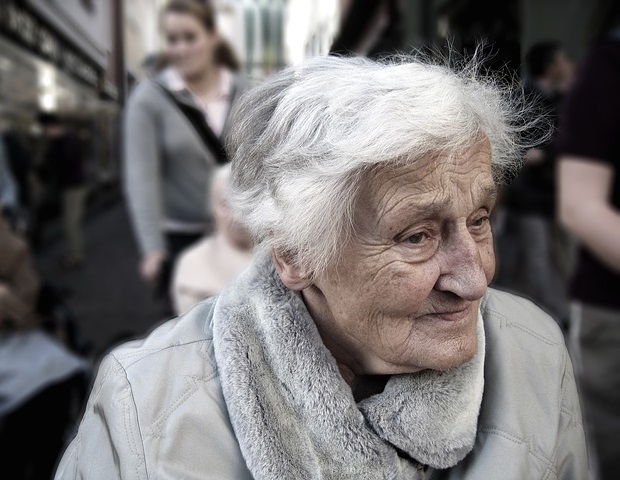
Researchers at The College of Queensland have found a hyperlink between obstructive sleep apnea and an elevated danger of creating dementia.
Professor Elizabeth Coulson from UQ’s Queensland Mind Institute and College of Biomedical Sciences and her workforce discovered a causal relationship between a scarcity of oxygen to the mind throughout sleep and Alzheimer’s illness in mice.
“We discovered sleep deprivation alone in mice brought on solely delicate cognitive impairment,” Professor Coulson stated.
“However we developed a novel approach to induce sleep-disrupted respiratory and located the mice displayed exacerbated pathological options of Alzheimer’s illness.
“It demonstrated that hypoxia – when the mind is disadvantaged of oxygen – brought on the identical selective degeneration of neurons that characteristically die in dementia.”
Professor Coulson stated the following step could be to find out what ranges of hypoxia lead to mind degeneration in people.
“It is estimated round 50 per cent of aged individuals have obstructive sleep apnoea, when their throat muscle tissues intermittently collapse and block the airway throughout sleep inflicting their respiratory to cease and begin,” she stated.
The present gold customary remedy is a CPAP (steady constructive airway stress) machine, which retains the airway open throughout sleep and permits oxygen to the mind.
“We could not match CPAP to mice, however we experimentally prevented the hypoxia and this stopped the cognitive impairment and neuron demise, and in addition lowered the Alzheimer’s pathology,” Professor Coulson stated.
“This means that CPAP remedy of obstructive sleep apnoea has the potential to scale back dementia danger.”
Professor Coulson stated the findings might change the way in which dementia clinicians diagnose and deal with their sufferers.
“Thirty per cent of individuals with obstructive sleep apnoea being fitted for CPAP machines already show indicators of dementia-like cognitive impairment,” she stated.
“Sadly the hospital system is not referring these individuals to dementia clinics.
“Some dementia clinicians have reported their affected person’s reminiscence has improved after their sleep issues have been recognized and handled.”
Professor Coulson stated not everybody with obstructive sleep apnoea would get dementia.
“However we have to outline the ‘in danger’ inhabitants,” she stated.
“Early stage human trials are underway with sleep clinicians in Brisbane and Sydney to find out the correlation between hypoxia and sustained cognitive impairment, and whether or not CPAP can scale back dementia danger.
“I might strongly suggest anybody with obstructive sleep apnoea use a CPAP machine to keep up cognitive operate, in addition to help with different well being points.”
